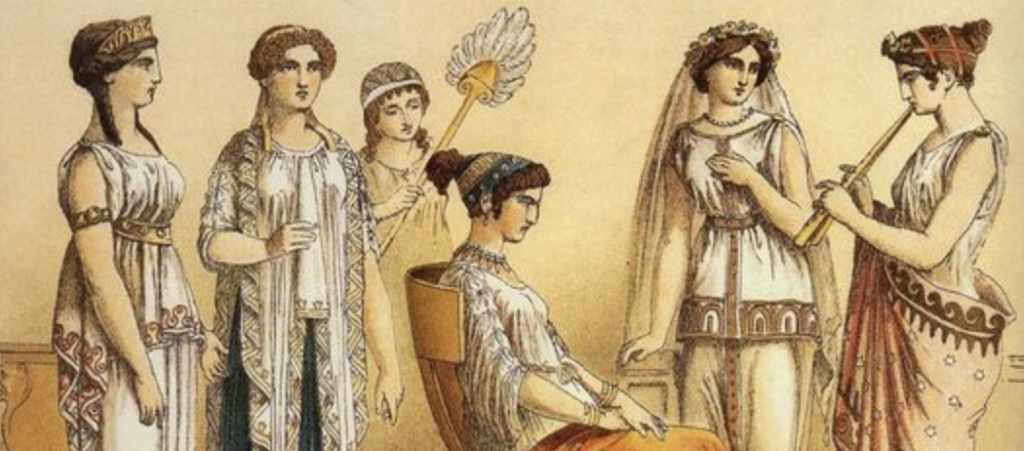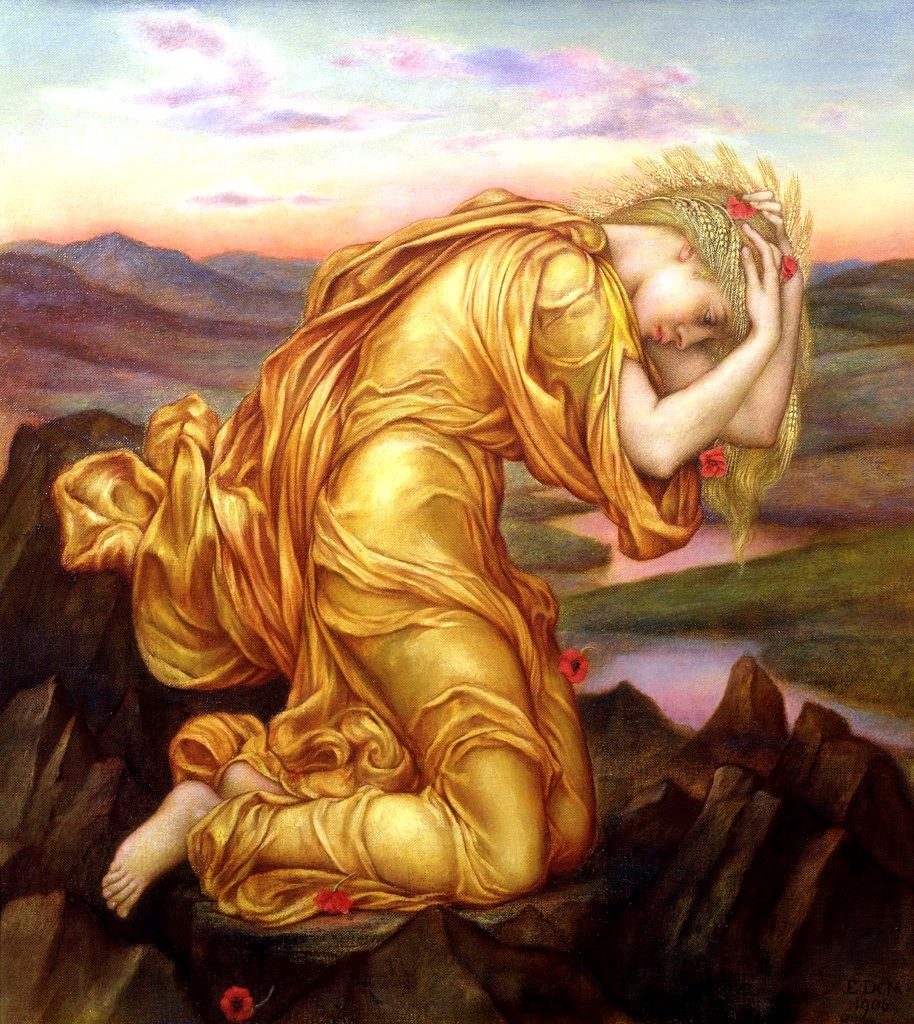Loves Of The Lady Of The Labyrinth: Ariadne Powerful Minoan Goddess
In the Myth of the Minotaur, if not for the ministrations of the humble Princess Ariadne, Theseus—the Greek hero—would not have had a prayer. Although […]
Loves Of The Lady Of The Labyrinth: Ariadne Powerful Minoan Goddess Read More »










